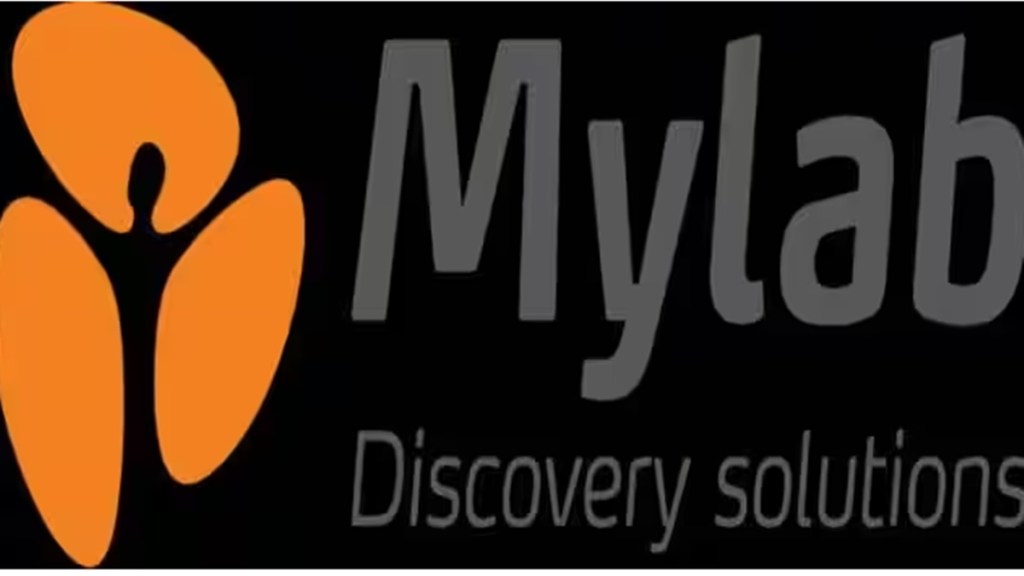Mylab Discovery Solutions, a biotech and healthcare diagnostic company, is launching a newborn point-of-care screening device, which will be available commercially from November. The device — MyNeoShield — is going to be affordable and will cost around a fifth of the similar existing solutions.
Early detection of conditions through newborn screening is crucial to prevent mental retardation, mortality and lifelong illnesses, and are prevented easily through timely intervention, Hasmukh Rawal, co-founder and managing director, Mylab, said. The current systems available were capex-heavy and cost between 50 lakhs and7 crore for the operating system. High costs of these specialised equipment make it difficult for smaller healthcare facilities and nursing homes to offer these critical tests, Rawal said.
Newborn testing helps detect genetic, metabolic and congenital disorders shortly after birth. Left undiagnosed and untreated, many children may develop mental retardation, learning disabilities, autism, dyslexia and behavioral abnormalities. At present, the newborn screening involves collecting samples, transporting it to centralised testing centres and a 48-72-hour-wait for results. This is time-consuming and a logistical challenge, especially in remote or underserved areas as doctors only have a window of 48 hours to take any action.
Mylab’s MyNeoShield device for newborn screening will support all seven tests done for newborn screening globally with a rapid turnaround time with results offering results within just four hours and on the spot. “By making screening faster and more accessible, we aim to save lives and ensure that every child has the opportunity for a healthy future,” Rawal said. It will enable smaller healthcare facilities, including nursing homes and clinics in remote areas, offer newborn screening without the need for expensive equipment or extensive resources and babies can receive the care they need right from birth.
The Mylab device can detect most preventable or treatable inherited metabolic disorders and genetic conditions, offering a rational and cost-effective approach to preventing these issues.
The tests covered by the system are G-6 Phosphate Dehydrogenase deficiency which can lead to severe anaemia and jaundice, galactosemia where infants struggle to metabolise galactose found in breast milk and formula, Phenylketonuri, a metabolic disorder that can result in intellectual disabilities and biotinidase deficiency that affects the body’s ability to process biotin, a B vitamin essential for various bodily functions. It also helps detect and evaluate congenital adrenal hyperplasia, screen for cystic fibrosis affecting the lungs and digestive system. and congenital hypothyroidism.








